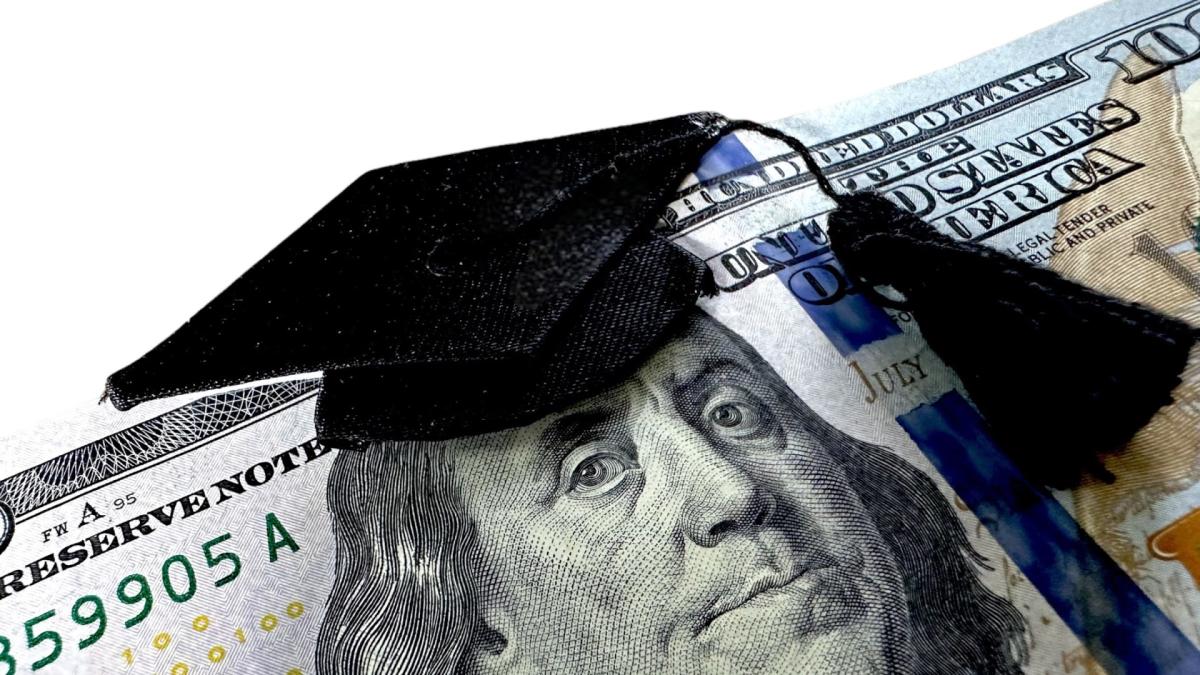All questions
Year in review
Between 2022 and 2023, there have been various developments in connection with sustainable finance in Japan.
i Cabinet decisions on the Basic Policy for the Realisation of GX (Green Transformation) and the National Strategy on Biological Diversity 2023–2030
The Basic Policy for the Realisation of GX (Green Transformation) was formulated at the end of 2022 based on discussions by the GX Implementation Council established in the Prime Minister’s Office and committees from various ministries. The government announced that it would promote primarily the following two initiatives in addition to addressing climate change in order to simultaneously ensure the stable supply of energy and achieve economic growth: (1) promotion of decarbonisation initiatives towards GX, such as switching to decarbonised energy sources that contribute to improving the self-sufficiency rates of energy, such as renewable energy and nuclear power, in order to ensure stable energy supply in addition to thorough improvement of energy efficiency, and (2) realisation of the ‘Pro-Growth Carbon Pricing Concept’, which includes bold advance investment support using ‘GX Economy Transition Bonds’, incentives for GX investment through carbon pricing and utilisation of new financial instruments. For details of the status of the carbon markets and carbon trading system in Japan, see Section VIII.
The National Strategy on Biological Diversity 2023–2030, which was drafted based on the Kunming-Montreal Global Biodiversity Framework adopted at COP15 in December 2022, was announced in March 2023. See Section X for details.
ii Enactment of the disclosure rules regarding sustainability information
The amended regulations were enacted to require listed companies to disclose sustainability information in their annual securities reports under the Financial Instruments and Exchange Act (FIEA) and the initial mandatory disclosures on these matters were made via annual securities reports for the fiscal year ending March 2023. For details of this development, see Section V.























/cdn.vox-cdn.com/uploads/chorus_asset/file/25782636/247422_ChatGPT_anniversary_CVirginia.jpg)
/cdn.vox-cdn.com/uploads/chorus_asset/file/25789444/1258459915.jpg)

/cdn.vox-cdn.com/uploads/chorus_asset/file/25546252/STK169_Mark_Zuckerburg_CVIRGINIA_D.jpg)


/cdn.vox-cdn.com/uploads/chorus_asset/file/23951353/STK043_VRG_Illo_N_Barclay_3_Meta.jpg)